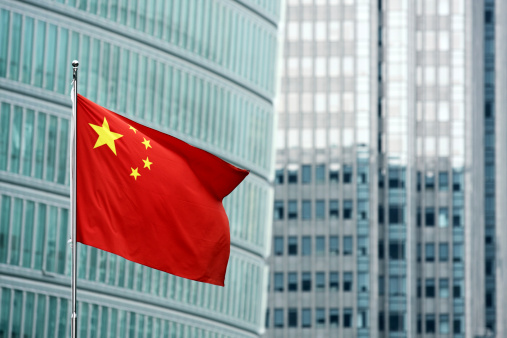Investing
Why Chinese New Year Could Save the Markets: Emerging and Developed
Published:
Last Updated:
Chinese New Year is starting, and the good news — and hard to believe news — is that this could help to fend off the waves of emerging market madness we have been seeing of late. That statement is not anything to do with it being the Year of the Horse, nor due to what that signifies.
China’s financial markets, and many businesses, will be closed Friday through February 6 for its lunar New Year holiday. This could actually keep stocks and market data coming out of China from continuing to poison the well of the world’s growth. What is so difficult to fathom is that this basically translates to a week off for the Chinese.
Now consider that Chinese New Year is not just a Chinese event. It lasts the longest in China, but other nations and locales like Hong Kong, Macau, Taiwan, Singapore, Malaysia and others do have closings for Chinese New Year (see below).
China’s disappointing numbers in growth and manufacturing have helped to harm emerging markets. Then local currency woes over the impact of the U.S. Federal Reserve’s bond purchase tapering took over. China is not the only blame out there by any means, but China’s slowing trends are indicative of slowing everywhere when you put on macroeconomic glasses.
The iShares MSCI Emerging Markets (NYSEMKT: EEM) is supposed to be a basket of many emerging market leading shares. The fund’s homepage shows that its exposure is the largest in China (18.96%), followed by South Korea (16.21%) and then by Taiwan (12.12%). Malaysia is another 3.8% and Indonesia is another 2.4%. In short, well over one-third of the ETF’s country exposure will have closed financial markets for at least a portion of the next week. Trading at $38.05, this ETF’s range has been $36.16 to $44.64 over the last 52-weeks.
This holiday closure will likely dry up trading volume in the iShares China Large-Cap (NYSEMKT: FXI), which tracks the FTSE China 25 Index – an index composed of large-cap Chinese equities that trade on the Hong Kong Stock Exchange. At $34.70 in Thursday afternoon trading, the 52-week range is $31.35 to $41.93.
Then there is the Templeton Dragon Fund Inc. Com (NYSE: TDF), a closed-end fund that puts roughly half of its assets in what it calls “China companies.” This is a $1 billion fund that turns twenty years old this September. At $23.45, this fund has a 52-week range of $23.14 to $30.03.
We are not going to note any developments on the individual stocks that trade in the U.S. as ADR/ADS in New York. Those can be tracked as the news flows start to get minimized in China, assuming there are share price moves in these shares or in other emerging markets and the U.S. market worth noting. Here are the market close notifications outside of Shanghai:
Retirement can be daunting, but it doesn’t need to be.
Imagine having an expert in your corner to help you with your financial goals. Someone to help you determine if you’re ahead, behind, or right on track. With SmartAsset, that’s not just a dream—it’s reality. This free tool connects you with pre-screened financial advisors who work in your best interests. It’s quick, it’s easy, so take the leap today and start planning smarter!
Don’t waste another minute; get started right here and help your retirement dreams become a retirement reality.
Thank you for reading! Have some feedback for us?
Contact the 24/7 Wall St. editorial team.